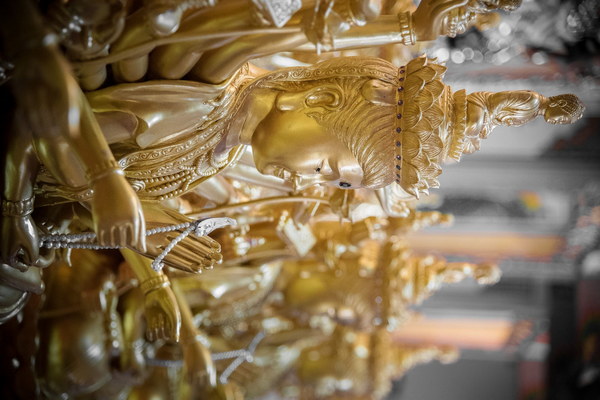The Evolution of Wellness A Journey Through the History of Health and Fitness
The concept of wellness has been a prevalent aspect of human culture throughout history. From ancient civilizations to modern societies, the pursuit of health and fitness has always been a cornerstone of human existence. This article delves into the fascinating journey of wellness, exploring its evolution through different eras.
Ancient Civilizations (3000 BCE - 500 CE)
The roots of wellness can be traced back to ancient civilizations, where the concept of balance between mind, body, and spirit was deeply rooted in various cultures. In ancient Egypt, the pharaohs were buried with their possessions, including medical tools and remedies, reflecting the importance of health in their society. Similarly, in ancient India, Ayurveda, a holistic system of medicine, emphasized the balance of body, mind, and spirit for achieving optimal wellness.
Ancient Greece, known for its Olympic Games, also placed great emphasis on physical fitness and health. The Greeks believed that a healthy body was essential for a virtuous life. The Hippocratic Oath, sworn by doctors since the 5th century BCE, reflects the Greek belief in the importance of health and ethics in the medical profession.
Medieval Period (500 - 1500 CE)
During the Middle Ages, wellness was heavily influenced by religious beliefs. Monasteries became centers of learning and healing, with monks practicing herbal medicine and natural remedies. The Catholic Church also played a significant role in promoting health and wellness, with numerous hospitals being established during this period.
The Renaissance (1500 - 1700 CE)
The Renaissance marked a period of great scientific and cultural advancements. This era saw the birth of modern medicine, with figures like Paracelsus and Hippocrates contributing to the understanding of diseases and treatments. The emphasis shifted from supernatural causes of illness to more rational and scientific approaches.

The Enlightenment (1700 - 1800 CE)
The Enlightenment brought about a new era of reason and rationality. During this period, the concept of public health began to emerge, with emphasis on clean water, sanitation, and vaccination programs. This era also saw the development of preventive medicine, with the introduction of inoculations and vaccinations.
Industrial Revolution (1800 - 1900 CE)
The Industrial Revolution led to significant changes in society, including an increase in urbanization and a rise in industrial diseases. This period saw the establishment of public health departments and the implementation of labor reforms to protect workers' health and safety.
Modern Era (1900 - Present)
In the modern era, the concept of wellness has expanded to include mental health, social well-being, and environmental factors. The World Health Organization (WHO) defines health as a state of complete physical, mental, and social well-being and not merely the absence of disease or infirmity.
Today, wellness is a multi-billion-dollar industry, with a growing emphasis on preventive care and self-care. People are becoming more conscious of their health and fitness, seeking out various forms of exercise, nutrition, and stress-reduction techniques to achieve a balanced and fulfilling life.
In conclusion, the history of wellness is a testament to the human quest for health and happiness. From ancient civilizations to the modern era, the concept of wellness has evolved and adapted to meet the needs of society. As we continue to navigate the challenges of the 21st century, the pursuit of wellness remains a timeless and essential aspect of human existence.









